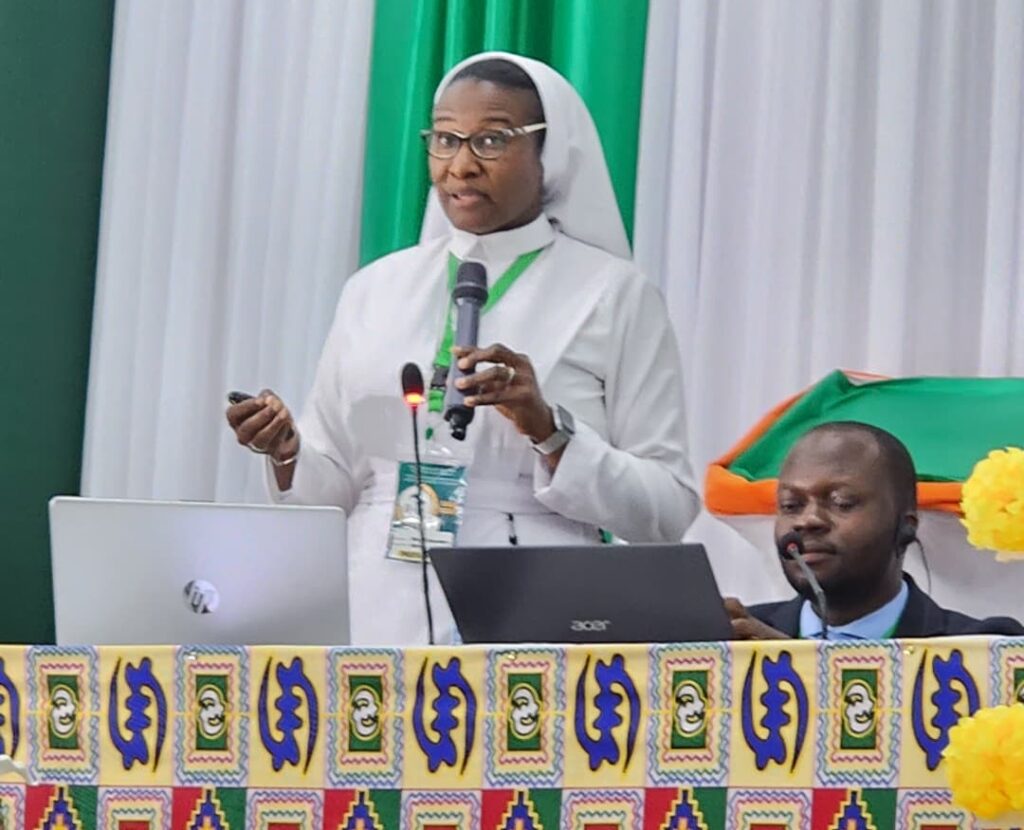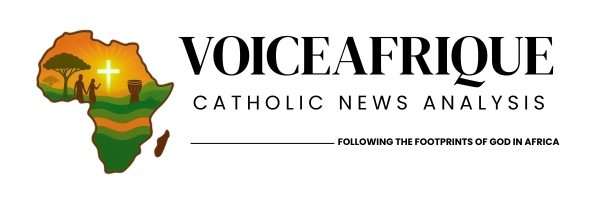
I arrived in Abidjan, Côte d’Ivoire, in early August, filled with a theologian’s curiosity about the third Pan-African Catholic Jubilee Congress. What I found over the next five days was more than an academic gathering; it was a profound journey of faith that began the moment I stepped onto the grounds of the Catholic University of West Africa. Organized by the Pan-African Catholic Theology and Pastoral Network (PACTPAN), the event drew me in, but it was the guiding theme—“Journeying Together in Hope as Church Family of God in Africa”—that truly came to life.
From the very first session, the Congress invited us into a living palaver, a dynamic process echoing Africa’s rich conciliar traditions from the Council of Nicaea to the modern Synod on Synodality. I was struck by how our discussions bridged centuries, exploring ancient wisdom, responding to contemporary ecumenical challenges, and reflecting deeply on the meaning of synodal leadership.
A particularly profound moment came through Sister Florence Oso, EHJ, who illuminated the depth of Ujamaa—a Swahili word meaning familyhood or togetherness. She revealed how this concept, rooted deeply in African culture, enriches the entire Church’s mission with authentic love, justice, and unity. For me, embracing Ujamaa and palaver in a synodal Church became more than theory; it transformed into a tangible call to create a Christ-centered, communally driven, and culturally rooted Church—one that is truly alive and participatory.
One image that remains vividly with me is Father Nnaemeka Ali, OMI’s reflection on an African proverb: “A three-legged stool does not wobble.” He used this simple yet powerful metaphor to illustrate how balance, stability, and inclusivity undergird both African communal life and ecclesial governance. Each leg, he explained, symbolizes an essential pillar of the Church: our unity in Christ through Communion; the valuing of every voice and charism through Participation; and our shared calling to evangelize through Mission. Hearing this, I felt a quiet conviction: the Church stands firm only when all are included, when dialogue guides discernment, and when synodality is embodied—not merely discussed. This African wisdom echoed the Spirit’s enduring call to council and conversation across our continent.
I was especially moved by the creativity, energy, and courage of the young people present. Presentations from Nigeria, Malawi, Kenya, Benin, and Burkina Faso showcased youth-led initiatives actively shaping the future of the Church. Through workshops on servant leadership and conversations on transformational pastoral practices, I witnessed a new generation of leaders emerging—grounded in faith, fueled by hope, and committed to active participation. Equally inspiring was the celebration of unsung African women of faith. Testimonies from sisters and laywomen across Nigeria, Kenya, Uganda, and Cameroon highlighted often-invisible ministries, serving as a powerful reminder that the spirit of hope and service thrives throughout the Church, even in its quietest corners.
The Congress also included the PACTPAN General Assembly, chaired by the network’s coordinating servant, Father Stan Chu Ilo, which reported on the network’s current state and its evolving units. African Youth Day focused intently on children and young people, featuring urgent discussions on human trafficking—including the gripping testimony of a young person rescued from trafficking between Nigeria and Libya. During the Vision 2050 session, we turned our gaze toward the future of the Church Family of God in Africa, reflecting on themes such as abundant life, family and children, and peacebuilding. In my own presentation, I addressed ethical dilemmas in rural clinical settings across Nigeria, highlighting the complex decisions faced daily in various African contexts. Engaging with these realities reinforced the Church’s fundamental mission: to listen, to walk together, and to respond compassionately to the needs of God’s people.
As the final prayers were said, I felt a deep and abiding gratitude. This was more than a conference—it was a synodal pilgrimage, a living encounter with God and one another. The echoes of shared laughter, the spirit of prayer, and even the fervor of debate were all expressions of a Church journeying together in hope. I left Abidjan with renewed faith in the transformative potential of African Church leadership, its youth, and its women. My prayer is that the fruits of this Congress become a wellspring of renewal not only for Africa but for the universal Church. By God’s grace, may the IV PACTPAN Congress in Cameroon, 2027, continue this sacred journey.


1 comment
That’s a great one 👍. Keep it up, may the Almighty God continue to be with you.